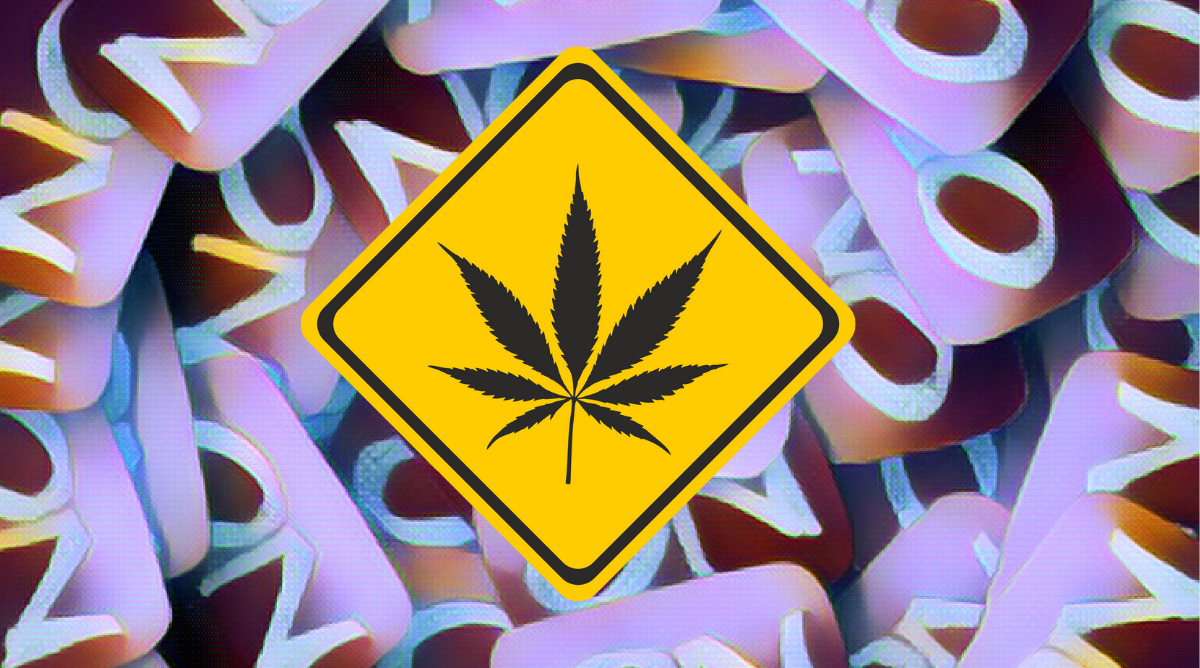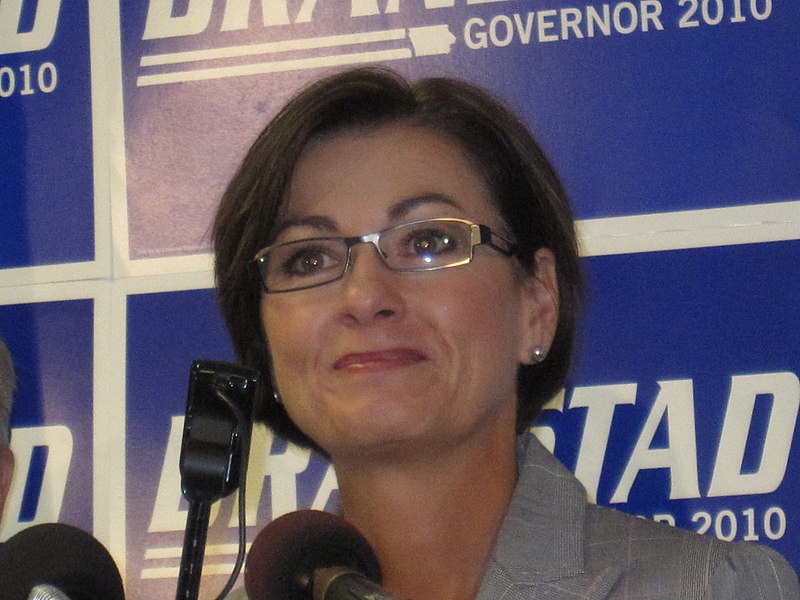
In some states, the majority of voters support cannabis legalization. Whether lawmakers personally advocate for cannabis or not, eventually, the process of appeals works. Voters determined to have legalized medical marijuana realize their goal, even if it takes a few years. No one expects the Governor to have an initiative vetoed. Or do they?
So, what happens if the initiatives to legalize medical cannabis are opposed by the Governor? When it comes to legalization, a Governor has the right to veto any proposed law or amendment. And that’s when things start to heat up in courts.
Sometimes a state governor is an obstacle that slows down the process. In other situations, a governor that supports legalization can help expedite legalization. Here are some examples of states where governors vetoed cannabis initiatives to the benefit or detriment of legalization efforts.
West Virginia may be one of the last states to legalize medical cannabis. Governor Jim Justice is very opposed to it. Even though medical cannabis was legalized in 2017. The program was scheduled to start serving patients in July of 2019.
But that was when Gov. Jim Justice decided to veto a bill that would have made it easier for medical marijuana businesses to become established in West Virginia. The HB 2079 legislation would have made vertical integration legal. Where cultivators and processors may also own and retail their products through a licensed dispensary.
On May 3, 2021, the West Virginia Office of Medical Cannabis (OMC) opened patient registration for medical cannabis cards. Patients may purchase cannabis gels, topicals, tincture oils, full flower, vape, and dermal patches when they become available.

When you live in a state where voters approve both adult-use (recreational) and medical cannabis, what do you do? And then your governor sides with anti-cannabis law enforcement agencies to block the legislation from being enacted?
It may sound dramatic, but that is exactly what happened in South Dakota. The state where voters surprised lawmakers by approving full legalization of cannabis. Medical and recreational. The surprise vote launched a legal battle (using taxpayer money) by Gov. Noem.
The legal blockade was supported by a circuit court judge in April 2021. The Supreme Court in South Dakota has not rendered a decision, keeping everyone in the state waiting for six months (as of October 2021). However, the Interim Rules Committee approved more than 140 of the proposed rules for both adult-use and medical cannabis in South Dakota.
The path to legalizing medical marijuana in Montana was more than a little rocky. But back in 2011, then Governor of Montana, Brian Schweitzer saved the day. Gov. Schweitzer vetoed a bill that would have completely repealed the legislation to legalize medical cannabis.
Voters in Montana had already been waiting seven years since the official legalization of medical cannabis in 2004. Governor Schweitzer stated in his veto message: “I do not believe it is right that 91 legislators overturn the will of the people of Montana, who passed this citizen initiative in 2004 by this significant margin”.
Even before it has the chance to go into effect, SB 423 was locked up in court for five years. Then, the Montana Supreme Court decided to agree with new restrictive laws in the Senate Bill. Restrictions saw over 11,000 patients without a provider for medical marijuana in just six months.

Patients in Iowa who are waiting for legalized medical cannabis may be more than a little frustrated with Gov. Kim Reynolds. On May 24, 2019, Reynolds vetoed House File 732. But Gov. Reynolds had some legitimate safety concerns about the proposed maximum purchase or possession limit in the law.
In the written letter, Iowa Gov. Kim Reynolds explains:
“It may be that a THC limit higher than 4.5 grams is appropriate. But the 25-gram limit in this bill would allow a person to consume more than 277 milligrams of THC per day, an amount higher than one would typically consume even with aggressive recreational marijuana use. This is all the more concerning because a participant in the program is not prescribed a particular dosage by a medical practitioner or monitored on an ongoing basis for any adverse health consequences. Iowa’s program only requires a practitioner to certify that the participant suffers from a qualifying condition on an annual basis.”
If House File 732 had not been vetoed by the Governor, there would not have been a 3% THC cap on cannabis products. There would not have been any potency limit for medical cannabis at all. And that concerned a lot of people, who felt it was a threat to public safety.

The Governor of Idaho is Brad Little. And he recently vetoed an initiative, but instead of blocking cannabis reform, he is trying to help it along. So, not all vetoes are considered equal in the battle to state-legalize medical cannabis. And Gov. Little (a Republican) is not about to compromise constitutional fairness.
Then they fight to try to stop medical cannabis from becoming legalized in Idaho got a little shady. But it was Gov. Brad Little who did a good thing by vetoing a proposed bill that would have made it hard for cannabis advocates to collect signatures for support.
Governor Little explained that he felt SB 1150a might be unconstitutional because it would limit many voters from participating in import ballot measures. It would have also prevented anyone residing or traveling outside of Idaho from registering to vote. That includes South Dakota military members, missionaries, and interstate business owners.
Not many things are more frustrating than winning a state ballot as a voter and then having those results essentially ignored, overridden by lawmakers who disagreed with the unexpected favorable outcome.
Mississippi is long-held as a conservative southern state. And one that has upheld the prohibition of cannabis. Compare to many other states, Mississippi has been slow to reform cannabis laws and make changes. And patients waiting for legalized medical marijuana aren’t happy about it.
According to MPP, about 70% of Mississippi voters approved Amendment 65 on the November 2020 ballot. When you can’t get results from your lawmakers, you can hold a referendum that puts it on the ballot in some states. And the citizen-led constitutional amendment won majority voter support.
Which meant that medical marijuana was incoming for residents of Mississippi. Despite grand last gestures by the opposition, including a lawsuit from the Mayor of Madison, Mississippi, to stop the vote.
Then the Supreme Court of Mississippi stepped in the middle in May 2021. The Supreme Court sided with Mayor Mary Hawkins Butler and her vetoed motion. A staunch anti-pot crusader who vowed she was “fighting to keep dispensaries out of her city.” There was a 6-3 vote in favor of halting Amendment 65. Despite voters ratifying it in the November 2020 election.
So, while the Governor of Mississippi didn’t step in to veto it, the state Supreme Court did put the brakes on everything. Ignoring the constitutional vote of the majority of residents in the state. Not only that, but the Mississippi Supreme Court has made it impossible for state citizens to bring any ballot initiatives in the future.
With 2022 gubernatorial and midterm elections coming up, new people in the Mississippi House of Representatives could help. But it appears that it is going to be a fight to amend the state constitution. And resolve the problem with Mississippi’s almost insurmountable petition signature requirements.
No Information on MarijuanaDoctors.Com should be used to diagnose, treat, prevent or cure any disease or condition. You can view our Full Disclaimer here.